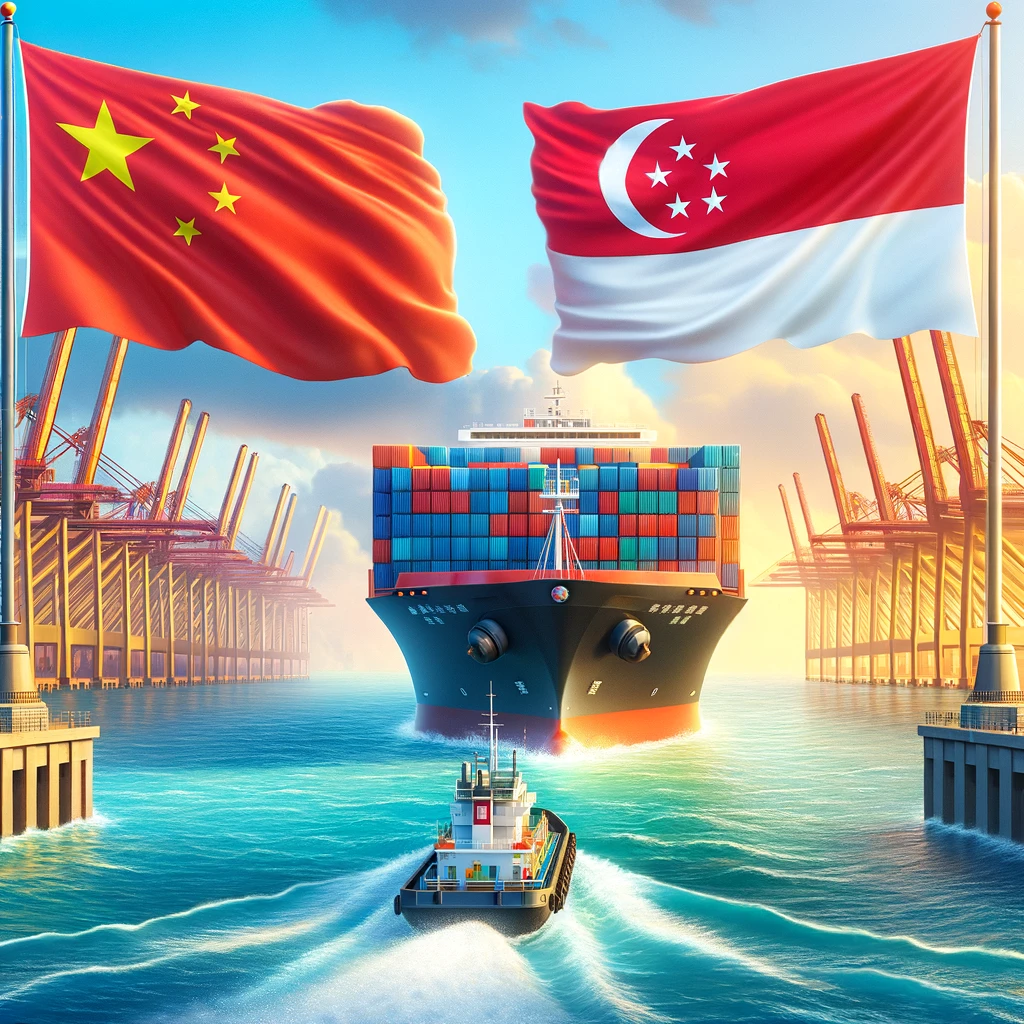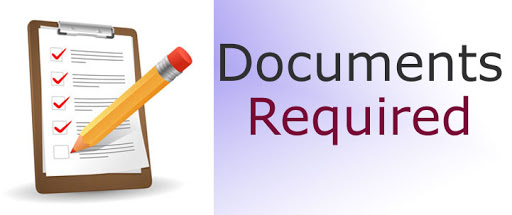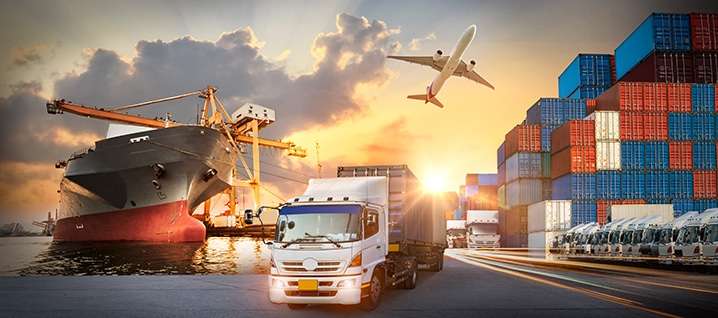- By TOP CHINA FREIGHT
- September 17, 2025
- Shipping
Table of Contents
With professional freight forwarding from China to Singapore, companies can optimize their supply chain, reduce operational headaches, and ensure timely delivery. This guide covers everything from shipping methods and documentation to cost management and real-world examples.

What Are the Main Shipping Methods from China to Singapore?
For freight forwarding from China to Singapore, there are three primary shipping options: sea freight, air freight, and express shipping. Each method has distinct advantages and considerations.
| Shipping Method | Average Transit Time | Cost | Pros | Cons |
|---|---|---|---|---|
| Sea Freight | 7–20 days | Low | Cost-effective, large capacity | Slower, port-dependent |
| Air Freight | 2–5 days | High | Fast, reliable, ideal for bulk urgent shipments | Expensive, limited cargo size |
| Express Shipping | 1–4 days | Medium–High | Door-to-door delivery, tracking, customs assistance | Limited cargo size, higher per-unit cost |
Express shipping, via providers like DHL, FedEx, or UPS, is ideal for small parcels, urgent shipments, and samples. It combines speed, convenience, and customs assistance, making it perfect for businesses with tight deadlines.
How to Calculate Shipping Costs from China to Singapore?

Shipping costs depend on cargo type, weight, volume, and chosen shipping method. For freight forwarding from China to Singapore, accurate cost calculations help prevent budget overruns.
| Cargo Type | 20ft Container | 40ft Container | LCL (per CBM) | Air Freight (per kg) | Express Shipping (per kg) |
|---|---|---|---|---|---|
| Electronics | $1,200 | $2,200 | $50 | $6 | $8–$10 |
| Apparel | $1,000 | $1,900 | $45 | $5 | $7–$9 |
| Machinery | $1,500 | $2,800 | $55 | $7 | $10 |
Additional factors like insurance, customs duties, and surcharges can significantly affect total costs. Freight forwarders often combine shipping and customs services to provide cost-effective, all-in-one solutions.
What Documents Are Required for Freight Forwarding?

Proper documentation is crucial to avoid shipment delays or penalties. Key documents include:
| Document | Purpose |
|---|---|
| Bill of Lading (B/L) | Confirms ownership and shipment details |
| Commercial Invoice | Provides value, description, and origin of goods |
| Packing List | Details packaging type, quantity, and weight |
| Certificate of Origin | Verifies the origin country for customs |
| Import/Export License | Legal authorization to ship goods internationally |
How Long Does Shipping from China to Singapore Take?
Transit time varies by shipping method:
| Method | Average Time |
|---|---|
| Sea Freight | 7–20 days |
| Air Freight | 2–5 days |
| Express Shipping | 1–4 days |
Factors such as port congestion, customs inspections, and peak seasons may extend delivery times. A reliable freight forwarder can mitigate these delays with optimized scheduling and pre-clearance processes.
What Are the Advantages of Using a Freight Forwarder?
Integrated shipping, customs, and warehousing services
Negotiating better rates through consolidated shipments
Handling insurance, damage claims, and documentation
Streamlined transit schedules and clearance processes
How to Choose the Right Freight Forwarder from China to Singapore?
Selecting a reliable forwarder involves several factors:
Experience:
Proven expertise in China–Singapore shipping ensures smooth operations.
Network:
Strong carrier relationships guarantee space and competitive rates.
Services Offered:
Door-to-door delivery, customs clearance, and insurance are essential.
Technology:
Online tracking and automated documentation improve transparency.
Checking client reviews and case studies can further validate a forwarder’s reliability.
Case Study: Shipping Electronics from Shenzhen to Singapore

A mid-sized electronics company in Shenzhen needed to ship 20 pallets of gadgets to Singapore for a product launch. High air freight costs and customs delays were concerns.
Solution:
Partnering with a professional freight forwarder allowed consolidation via sea freight for cost savings, along with express services for urgent samples.
Outcome:
Main shipment arrived in 12 days via sea, while critical parcels reached within 3 days using express shipping. Costs were 30% lower than full air freight, and no customs issues occurred.
This highlights how choosing the right freight forwarding strategy ensures cost efficiency and timely delivery.
Should You Choose Air, Sea, or Express for Urgent Shipments?

While sea freight is cost-effective for large shipments, air freight and express shipping are better for urgent needs.
| Criteria | Sea Freight | Air Freight | Express Shipping |
|---|---|---|---|
| Speed | Slow | Fast | Fastest |
| Cost | Low | High | Medium–High |
| Cargo Capacity | Large | Limited | Small parcels |
| Delivery Service | Port-to-port | Port-to-port | Door-to-door |
For urgent or high-value parcels, express shipping is often the most practical solution despite higher per-unit costs.
What Are Common Challenges in Freight Forwarding?
Incomplete documentation can hold shipments
Rates fluctuate during peak seasons
Mishandling during transit poses risks
Singapore import rules require precision
Tips to Optimize Your China to Singapore Supply Chain
Consolidate Shipments:
Reduces LCL costs for smaller shipments
Plan Ahead:
Avoid peak-season surcharges by scheduling early
Use Trackable Services:
Monitor shipments and detect delays early
Leverage Forwarder Expertise:
Outsource customs clearance and logistics planning
Negotiate Rates:
Long-term partnerships secure discounted fees
These strategies improve efficiency, reduce costs, and maintain timely delivery.
Conclusion
Shipping from China to Singapore requires careful planning, accurate cost management, and expert logistics coordination. Understanding different shipping methods, calculating costs, preparing documentation, and selecting the right forwarder ensures efficient, reliable, and cost-effective operations. Partnering with a professional freight forwarding service guarantees that your shipments arrive safely and on schedule, enhancing your global business competitiveness.
Need a Shipping Quote?
If you want expert guidance and peace of mind, our team is ready to assist.
TJ China Freight offers tailored solutions to help businesses of all sizes ship more reliably from China.

FAQ
Q1:What is the best shipping method for small shipments to Singapore?
Express shipping is ideal for small parcels due to speed, door-to-door service, and customs support.
Q2:How can I reduce freight costs from China to Singapore?
Consolidate shipments, plan in advance, and negotiate rates with a reliable forwarder.
Q3:What are common customs requirements for Singapore?
Required documents include commercial invoices, packing lists, bills of lading, and certificates of origin.
Q4:How long does customs clearance take in Singapore?
Typically 1–3 days, depending on documentation and inspections; pre-clearance can speed this up.
Q5:Can freight forwarders handle door-to-door shipping?
Yes, many forwarders provide full door-to-door services including pickup, shipping, and delivery.
